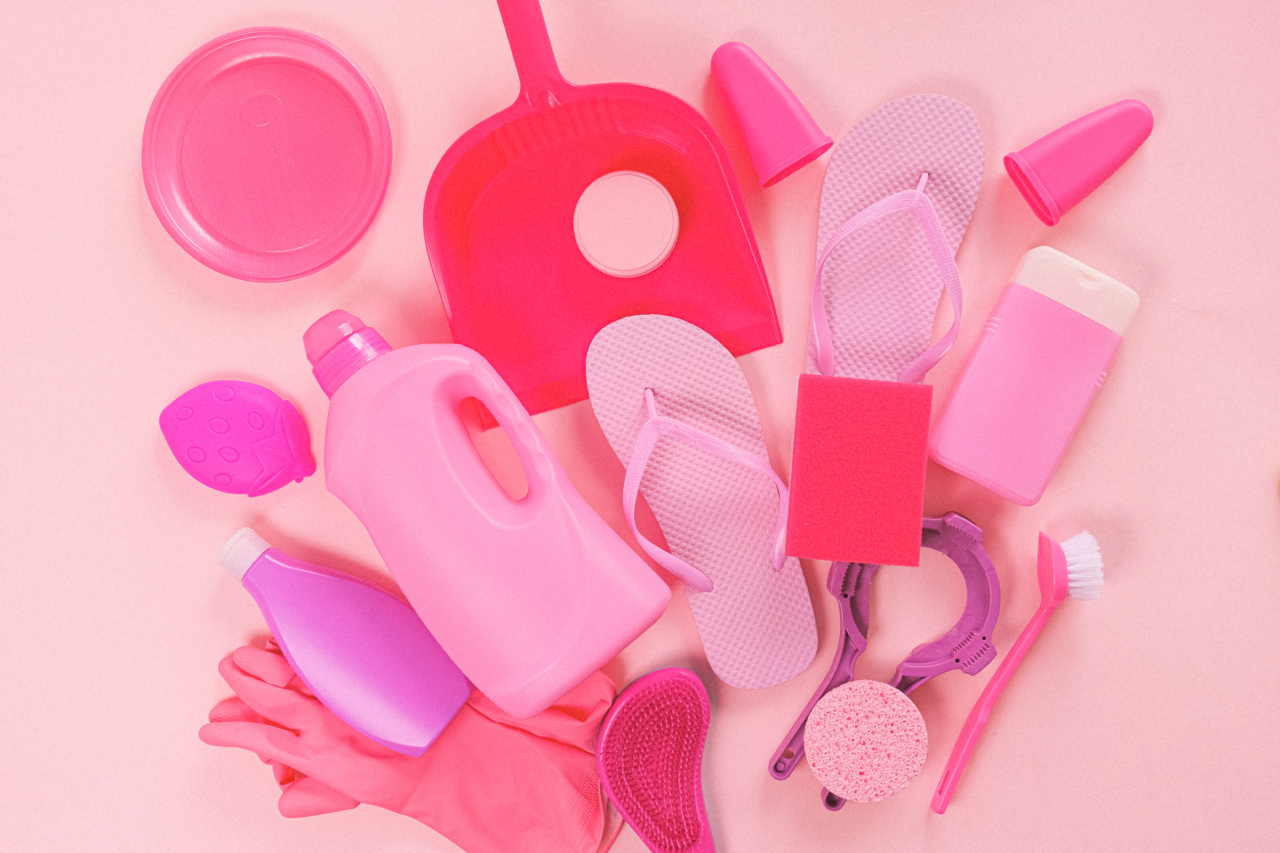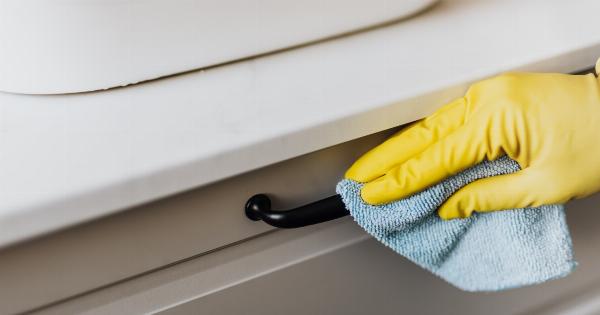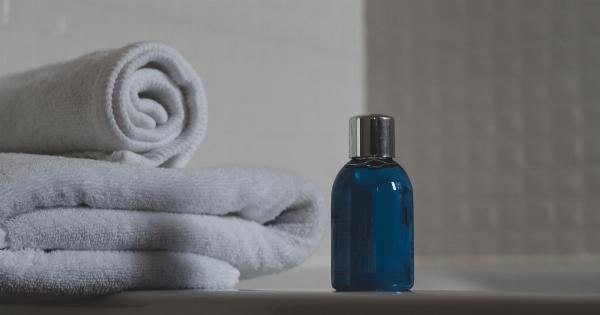1. Not Reading the Instructions
One of the most common mistakes people make when using antibacterial wipes is not reading the instructions properly. Many wipes require a certain amount of contact time to effectively kill germs and bacteria.
Without following the recommended contact time, you may not be getting the desired results.
2. Using One Wipe for Multiple Surfaces
Another mistake is using the same antibacterial wipe for multiple surfaces. While it may seem convenient, it can actually spread germs rather than eliminate them.
Each wipe has a limited capacity to kill bacteria, and using it on multiple surfaces reduces its effectiveness.
3. Not Disposing of Used Wipes Properly
Improperly disposing of used antibacterial wipes is another mistake that many people make. If you throw used wipes in the regular trash, they can continue to harbor bacteria and cause contamination.
It is important to dispose of them in a sealed bag or bin designated for contaminated waste.
4. Using Antibacterial Wipes on Sensitive Surfaces
Antibacterial wipes can be too harsh for certain sensitive surfaces. Avoid using them on delicate materials like leather, silk, or wood, as they may cause discoloration or damage.
Instead, opt for gentle cleaning solutions or dedicated wipes specifically designed for those surfaces.
5. Not Washing Hands After Using Antibacterial Wipes
While antibacterial wipes are effective in killing bacteria on surfaces, they do not replace the need for proper hand hygiene. Always wash your hands with soap and water after using wipes, as they may not completely eliminate all germs.
Handwashing is still the most reliable way to prevent the spread of infections.
6. Using Antibacterial Wipes for Personal Hygiene
Antibacterial wipes are designed for surfaces, not for personal hygiene. Using them on your face, hands, or sensitive areas can lead to skin irritation or allergic reactions.
Stick to using wipes specifically formulated for personal hygiene purposes, such as facial wipes or baby wipes.
7. Storing Antibacterial Wipes in Inadequate Conditions
Improper storage can affect the effectiveness of antibacterial wipes. Exposing them to extreme heat, cold, or moisture can reduce their potency. It is recommended to store them in a cool, dry place away from direct sunlight to maintain their efficacy.
8. Using Antibacterial Wipes Instead of Cleaning
Antibacterial wipes are not a substitute for regular cleaning. While they can provide a quick and convenient way to disinfect surfaces, they do not remove dirt, dust, or other grime.
Prioritize regular cleaning and use antibacterial wipes as a supplementary measure to kill germs.
9. Overusing Antibacterial Wipes
Using antibacterial wipes excessively may do more harm than good. Excessive use can lead to the development of antibiotic-resistant bacteria or contribute to the destruction of beneficial bacteria on surfaces.
Use the wipes judiciously and according to the recommended guidelines to maintain a healthy balance.
10. Assuming Antibacterial Wipes Are Effective Against All Germs
While antibacterial wipes are effective against many common bacteria, they may not be effective against certain types of viruses or other pathogens.
Always check the product label and ensure that it specifically states effectiveness against the desired pathogens.






























